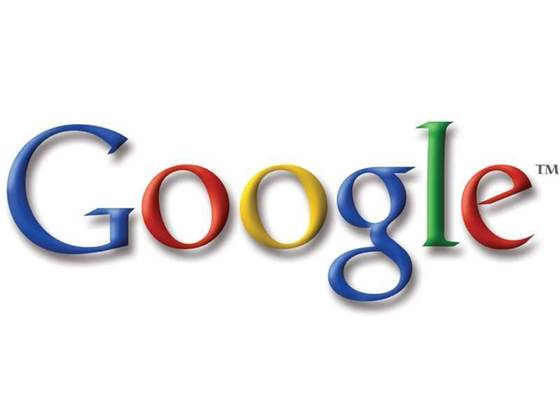
Categories range from green energy, sustainable ecosystems and improving education, to housing and shelter and 'everything else'. Google offers this last category because "sometimes the best ideas don't fit into any category at all".
There are a number of criteria attached to the categories, such as how many people it would affect, how urgent the need is, how simple and cost effective it is, and how long the idea's impact will last.
Google said that it would post a selection of the 100 best ideas and ask the public to choose 20 semi-finalists. Following this selection process an advisory board will select up to five final ideas.
Google has committed US$10m to the project. Entries should be in by 20 October and voting starts in January next year.
The firm has also released an interactive and searchable timeline of its 10-year history, including key facts, numbers and company milestones, and a look ahead to what the next 10 years may bring.


.png&h=140&w=231&c=1&s=0)
_(33).jpg&h=140&w=231&c=1&s=0)
_(36).jpg&h=140&w=231&c=1&s=0)





 iTnews Executive Retreat - Security Leaders Edition
iTnews Executive Retreat - Security Leaders Edition
 iTnews Cloud Covered Breakfast Summit
iTnews Cloud Covered Breakfast Summit
 Melbourne Cloud & Datacenter Convention 2026
Melbourne Cloud & Datacenter Convention 2026
 The 2026 iAwards
The 2026 iAwards












_(1).jpg&h=140&w=231&c=1&s=0)



